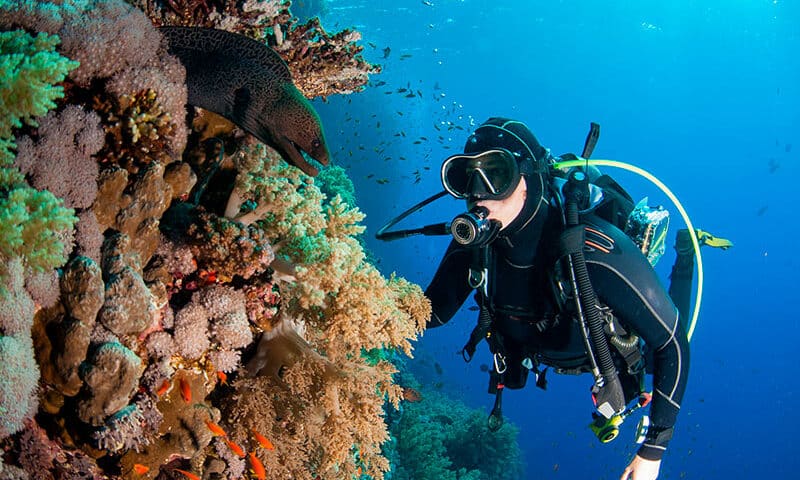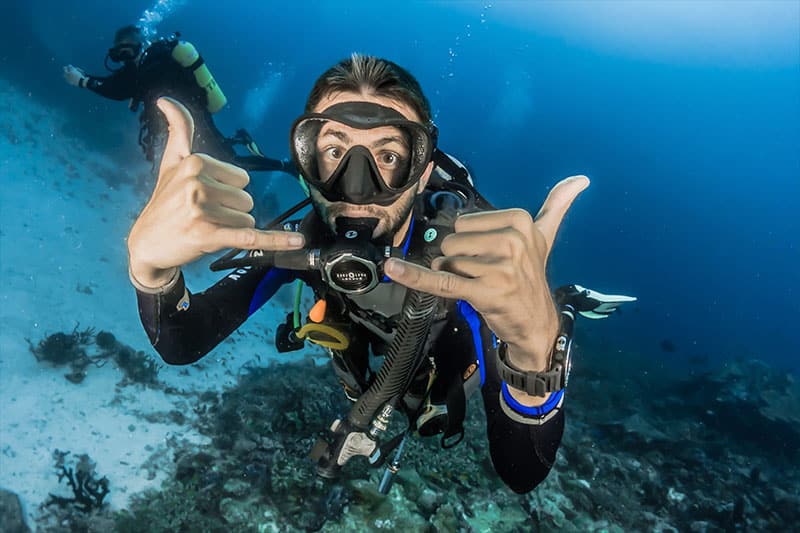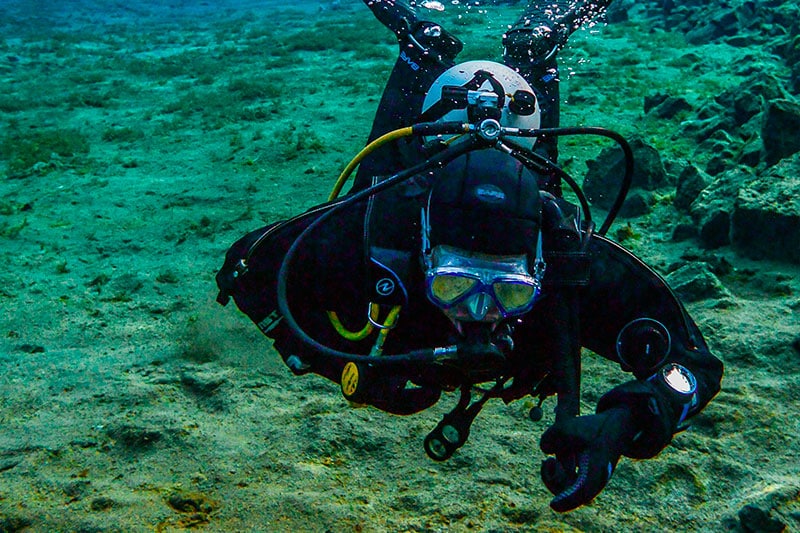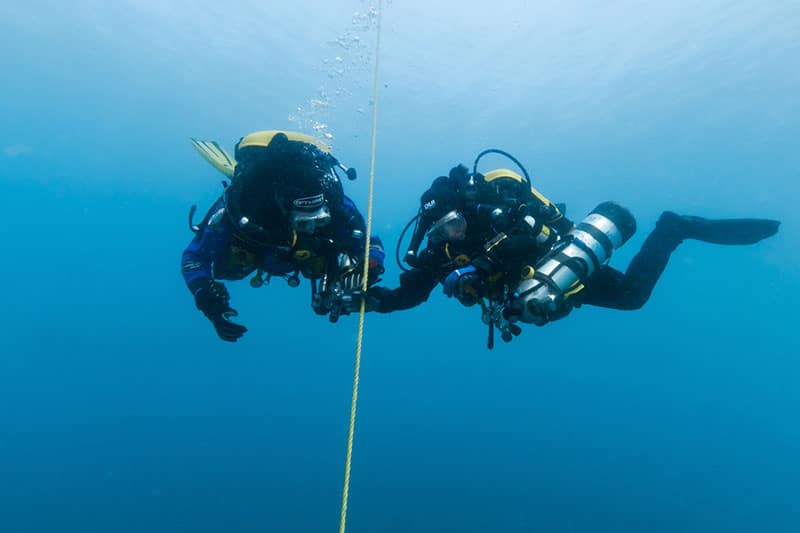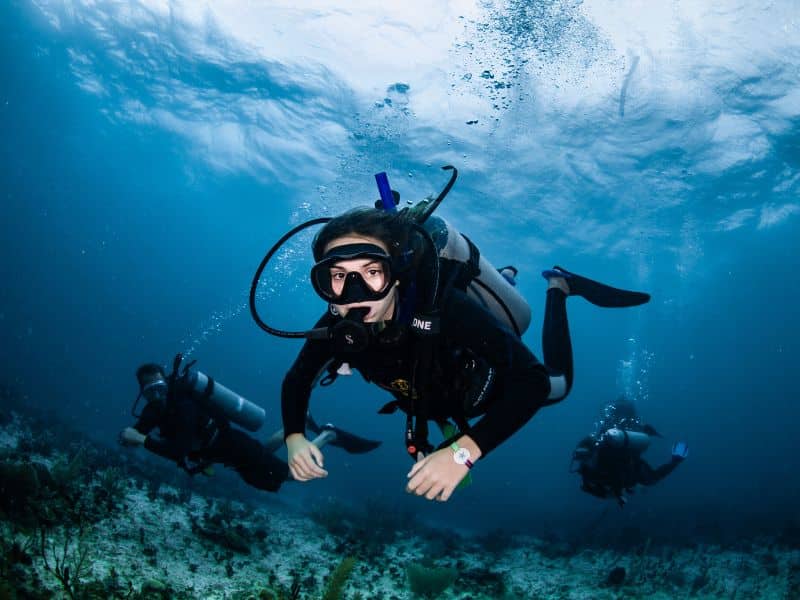“I wear dive gloves because I want to and because they protect me,” said the diver who was arguing with the Dive instructor.
“Yes, sir,” replied the young man, “But here, in this marine park, dive gloves are not allowed. They are prohibited by law. We could all be fined, including you and the dive shop.”
Does this conversation sound familiar to you? Have you ever been forbidden to wear dive gloves under the excuse that they are prohibited? If you have already encountered the “Dive gloves are not allowed” warning and don’t know why such a prohibition exists or if it serves any purpose, stay tuned and we’ll explain.
Believe it or not, there are tropical dive sites such as Cozumel, Bonaire and Red Sea where the use of dive gloves is prohibited. Critics of this measure argue that it only leaves divers unprotected. Some experts even contend that scuba diving gloves create a false sense of security that ultimately leads to more damage to the reef. They believe that the real solution lies in divers improving their scuba skills and overall underwater proficiency.
This article navigates the dive glove controversy, shedding light on the ongoing debate and the prohibition of gloves for diving in select dive destinations.
By providing a balanced perspective, it aims to equip divers with the necessary information to make informed decisions regarding the use of dive gloves while ensuring the preservation of marine ecosystems.




